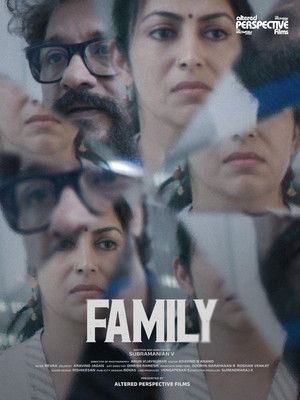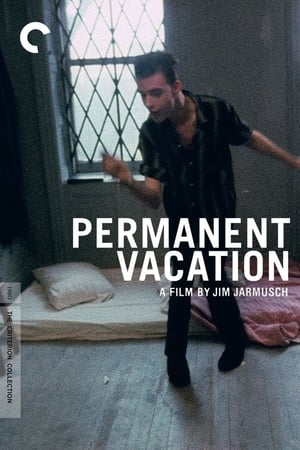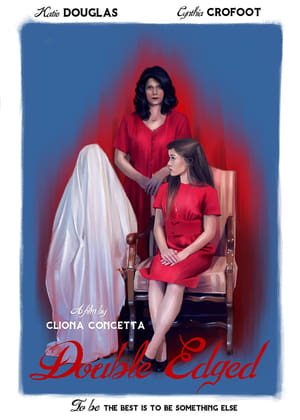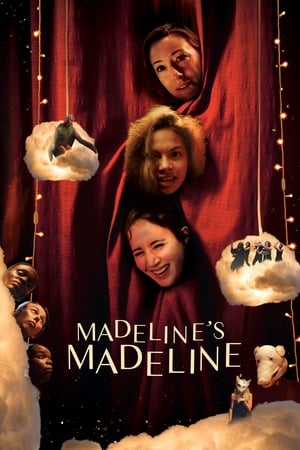Sarah (Alison Brie) is an ordinary girl who lives an ordinary life: she works in a handicraft store, practices Zumba, visits her beloved horse in the stable, and watches a series about the supernatural in the evenings. She has oddities: shyness, some obsession with familiar things and rituals, sleepwalking. But other people think that these oddities are cute until Sarah's neighbor decides to throw a party in honor of the main character's birthday. At a party, the girl meets a nice guy named Darren (John Reynolds) and gets drunk. Two strongest outbursts – emotional and physical – become a trigger for Sarah.
But just when it seems that Horse Girl is destined to fall into the category of ordinary melodrama, Sarah begins to walk in her sleep. She often has nosebleeds and strange visions. In an attempt to deal with herself on her own, Sarah comes to the conclusion that she is a clone of her own grandmother, she was abducted by an extraterrestrial civilization, and now they want to take her back into space.
The first 20 minutes of Horse Girl are focused on exploring the inner world of an outsider. Everything would be fine, only the tone changes abruptly and plunges into the dark waters of an almost existential nightmare. It is difficult to make one’s mind about what to think of this movie. Horse Girl moves from a sitcom to a dramatic exploration of mental illness, making serious material feel like foolishness and outright comedy moments too serious.
Strange events in Sarah's life intensify: she starts having terrible nightmares, sleepwalking, nosebleeds. Their evolution into more sinister signals happens very quickly: such unpleasant episodes make Horse Girl something between a quirky, eccentric comedy and a real horror movie.
After watching this movie, the viewer will most likely have a very ambiguous impression. There is clearly a sincere sympathy for people like Sarah in the picture. The creators really wanted to show the despair, confusion, and defense mechanisms of a person whose nervous system is at great risk. Such important issues as the hereditary transmission of mental diseases are also touched upon, which is another serious argument in favor of recognizing mental deviations as a full-fledged field of medicine.

 103 min
103 min
 5.653
5.653
 2020
2020
 USA
USA
 William wrote:
William wrote:


















